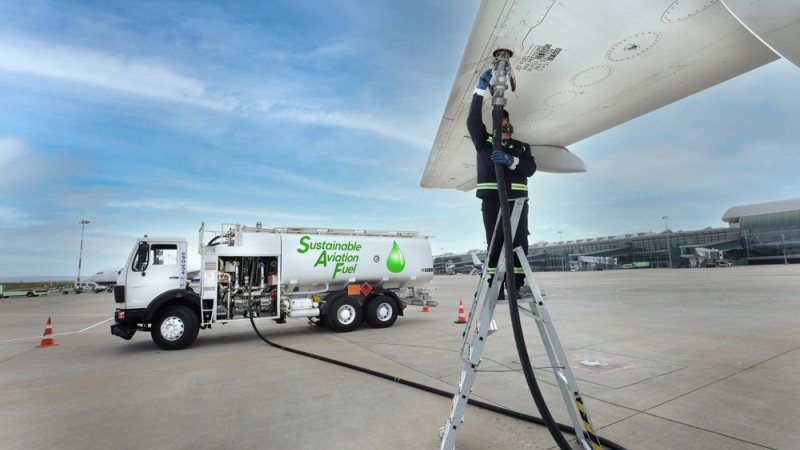Transitioning to Sustainable Aviation Fuel. In light of relatively low production and usage, the World Travel & Tourism Council (WTTC) is urging the travel industry to increase production and use of Sustainable Aviation Fuel (SAF) in a new report titled "Increasing Sustainable Fuel Production".
The report, created in collaboration with global advisory firm ICF, outlines ways each business in the tourism sector can address emissions and help accelerate the shift to more sustainable alternatives.
Currently, SAF accounts for only 0.3 percent of global jet fuel consumption, with production at 1.25 billion liters. To meet net-zero emission targets by 2050, the WTTC report states that production must rise to over 450 billion liters, including about 6,500 new sustainable fuel plants worldwide.
However, there are challenges in increasing SAF production. Production costs are high due to limited infrastructure and competition, notes the WTTC.
The report encourages joining campaigns to promote greater awareness, investing in production facilities, purchasing sustainable fuel certificates, or supplying waste for sustainable fuel production.
"Sustainable fuel is the most impact factor in the travel and tourism industry, but currently, the supply dangerously falls short of demand," said Julia Simpson, President and CEO of WTTC. "If we do not act together, we risk rising costs, limited availability, and stagnation in progress."
"Every hotel, tour operator, travel agency, cruise line, and airline has a role to play," she added. "This framework gives them the blueprint. Sustainable fuel is not just an environmental need. It is a business imperative, and governments must incentivize SAF production, not just set targets."
